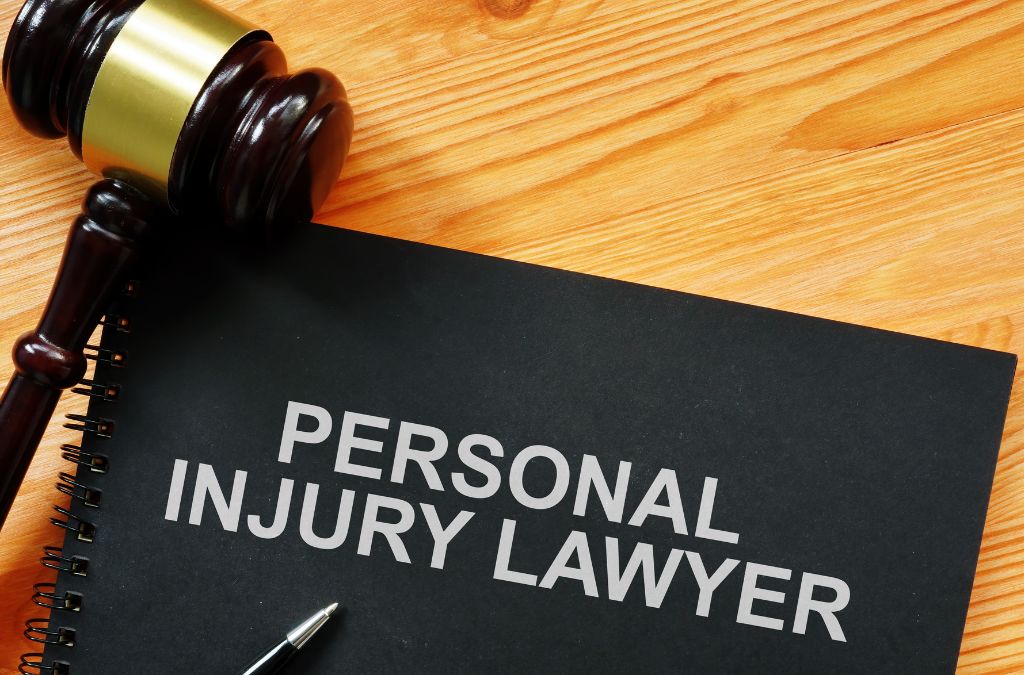-
Table of Contents
- Personal Injury Lawyers: Advocates for Your Rights
- Understanding Personal Injury Law
- Types of Personal Injury Cases
- The Role of a Personal Injury Lawyer
- Case Evaluation
- Negotiation and Settlement
- Litigation
- Case Studies and Examples
- Statistics and Impact
- Choosing the Right Personal Injury Lawyer
- The Future of Personal Injury Law
- Conclusion
Personal Injury Lawyer: Advocates for Your Rights
Personal injury lawyers play a pivotal role in the legal system, offering their expertise to individuals who have suffered harm due to the negligence or misconduct of others. These legal professionals are dedicated to ensuring that victims receive the compensation they deserve, helping them navigate the complexities of the legal process.
Understanding Personal Injury Law
Personal injury law encompasses a wide range of cases where individuals have been physically or emotionally injured. This area of law is designed to provide relief to victims and deter others from committing similar offenses.
Types of Personal Injury Cases
- Car Accidents
- Medical Malpractice
- Workplace Injuries
- Slip and Fall Accidents
- Product Liability
Each type of case requires a unique approach and a deep understanding of the specific laws and regulations that apply.
The Role of a Personal Injury Lawyer
Personal injury lawyers are responsible for a variety of tasks that are crucial to the success of a case. Their primary goal is to advocate for their clients and secure the best possible outcome.
Case Evaluation
The first step in any personal injury case is a thorough evaluation. Lawyers assess the details of the incident, gather evidence, and determine the viability of the case. This initial assessment is critical in deciding whether to proceed with legal action.
Negotiation and Settlement
Many personal injury cases are resolved through negotiation and settlement. Lawyers negotiate with insurance companies and opposing parties to reach a fair settlement that compensates the victim for their injuries and losses.
Litigation
If a settlement cannot be reached, personal injury lawyers are prepared to take the case to court. They represent their clients in front of a judge and jury, presenting evidence and making compelling arguments to secure a favorable verdict.
Case Studies and Examples
Real-life examples highlight the impact personal injury lawyers can have on their clients’ lives. Consider the case of a pedestrian who was struck by a distracted driver. The victim suffered severe injuries, including broken bones and a traumatic brain injury. The personal injury lawyer was able to secure a substantial settlement that covered medical expenses, lost wages, and pain and suffering.
Another example involves a patient who experienced complications from a surgical procedure. The personal injury lawyer demonstrated that the surgeon had deviated from the standard of care, resulting in a successful medical malpractice claim.
Statistics and Impact
Statistics underscore the importance of personal injury lawyers in the legal system. According to the National Center for Health Statistics, there are approximately 39.5 million physician office visits for unintentional injuries each year in the United States. The Insurance Research Council reports that individuals who hire personal injury lawyers receive settlements that are 3.5 times higher than those who do not.
Choosing the Right Personal Injury Lawyer
Selecting the right lawyer can significantly impact the outcome of a case. Here are some factors to consider:
- Experience and Expertise: Look for a lawyer with a proven track record in handling similar cases.
- Reputation: Research reviews and testimonials from previous clients.
- Communication: Choose a lawyer who communicates clearly and keeps you informed throughout the process.
- Resources: Ensure the lawyer has the necessary resources to thoroughly investigate and build your case.
The Future of Personal Injury Law
The field of personal injury law continues to evolve, with new challenges and opportunities emerging. Advances in technology, such as the use of artificial intelligence in legal research and case management, are transforming the way lawyers work. Additionally, changes in legislation and societal attitudes towards personal injury claims will shape the future of this area of law.
Conclusion
Personal injury lawyers are dedicated advocates for individuals who have suffered harm due to the actions of others. Their expertise, commitment, and determination ensure that victims receive the compensation they deserve. By understanding the role of personal injury lawyers, the types of cases they handle, and the impact they have, individuals can make informed decisions when seeking legal representation.
